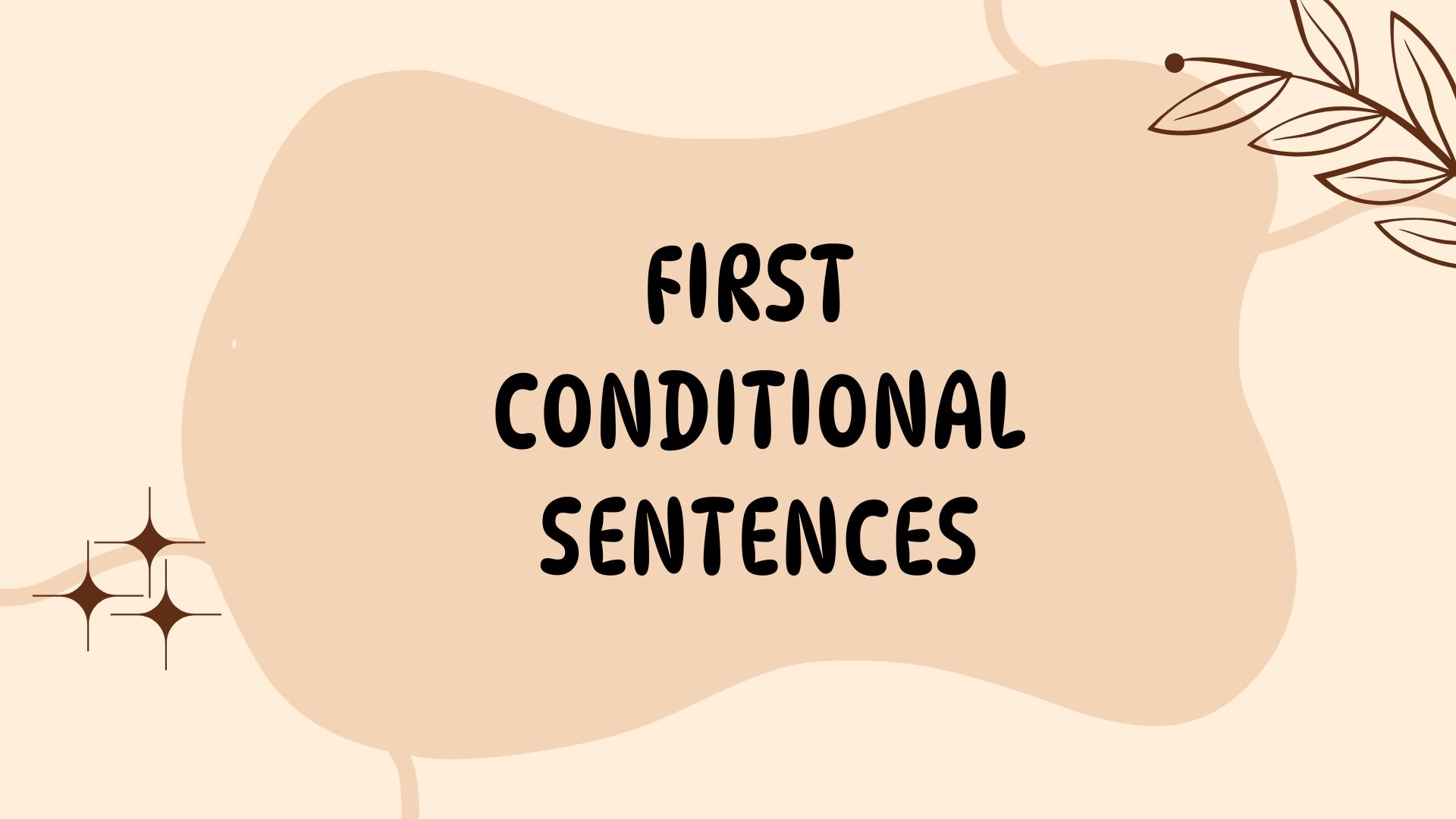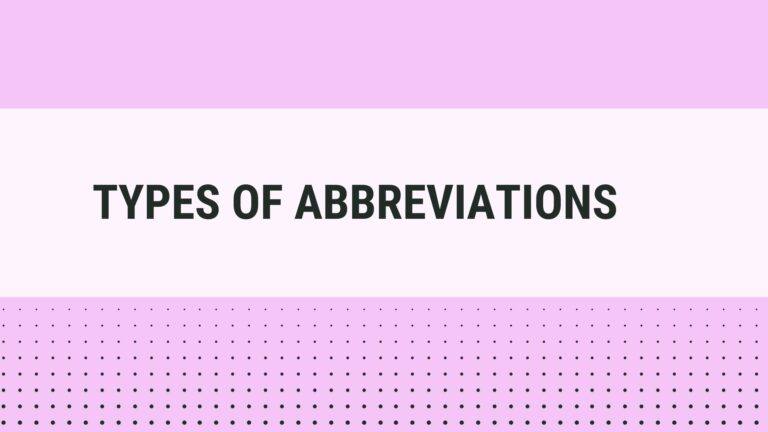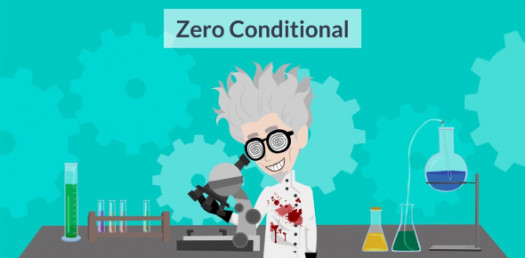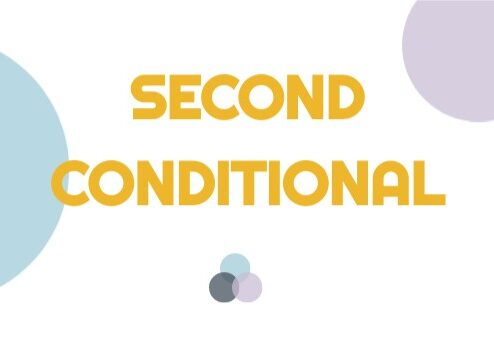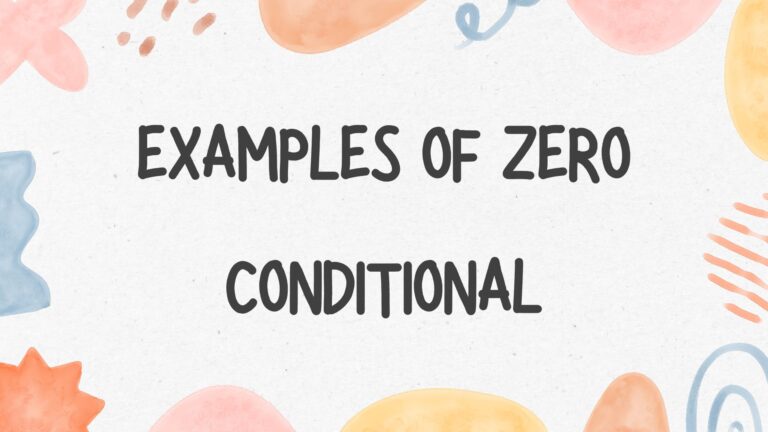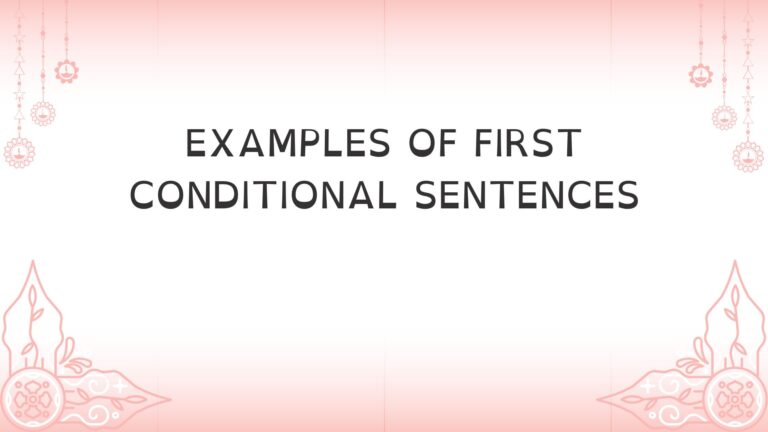First Conditional Sentences with examples
First Conditional Sentences help us talk about future possibilities in English. This article explains its structure and gives examples to help you communicate better in real life. Improve your English skills by understanding this important grammar rule.
Introduction to First Conditional Sentences:
The first conditional in English shows real possibilities and their results using “If + present simple, will + base verb.” It helps express hopes, fears, and plans clearly. For example, “If it rains tomorrow, I will stay indoors” shows a choice based on a situation. This structure helps us deal with uncertainties and shows cause and effect, making communication clearer.
Understanding the Basic Components
The first conditional discusses real future events with an “if” clause and a main clause. For example, “If it rains, we will cancel the picnic” illustrates this structure. It conveys urgency, making situations relatable and actionable.
Additionally, modal verbs can enhance the first conditional, expressing certainty or alternative outcomes, like “If she studies hard, she might pass the exam.” This flexibility fosters creative communication, enriching interactions that resonate with audience experiences and aspirations.
Forming First Conditional Sentences
First conditional sentences show clear intentions and plans. For example, “If it rains tomorrow, I will stay home” presents a possible scenario based on a condition.
First conditionals also allow for creativity in communication. By using words like “might” or “can,” speakers can change the tone and meaning. For example, “If I finish my project early, I might go for a walk” adds uncertainty and different possibilities.
Positive Examples of First Conditional
Here are 40 positive examples of first conditional sentences. These express real and possible situations in the future:
Structure:
If + present simple, will + base verb
Examples:
- 1. If it rains tomorrow, we will stay home.
- 2. If she studies hard, she will pass the exam.
- 3. If they invite me, I will go to the party.
- 4. If you eat too much, you will feel sick.
- 5. If we leave now, we will catch the train.
- 6. If he works late, he will finish the project.
- 7. If you help me, I will be grateful.
- 8. If it’s sunny, we will go to the beach.
- 9. If I see him, I will tell him the news.
- 10. If they arrive early, we will start the meeting on time.
- 11. If I get a promotion, I will buy a new car.
- 12. If we win the match, we will celebrate tonight.
- 13. If she gets the job, she will move to Lahore.
- 14. If you come with me, I will show you the city.
- 15. If he doesn’t hurry, he will miss the bus.
- 16. If the shop is open, I will buy some fruit.
- 17. If the traffic is clear, we will reach on time.
- 18. If I finish my homework, I will play video games.
- 19. If she calls me, I will answer immediately.
- 20. If it gets cold, we will light the fire.
- 21. If you listen carefully, you will understand the topic.
- 22. If I find your book, I will bring it tomorrow.
- 23. If they visit us, we will cook dinner for them.
- 24. If I have time, I will help you with your work.
- 25. If we go now, we will find good seats.
- 26. If you ask politely, she will help you.
- 27. If he trains hard, he will win the race.
- 28. If she gets enough sleep, she will feel better.
- 29. If I save enough money, I will travel to Turkey.
- 30. If you water the plants, they will grow faster.
- 31. If it snows, we will build a snowman.
- 32. If you study English daily, you will improve quickly.
- 33. If the teacher comes late, we will wait outside.
- 34. If I drink coffee now, I will stay awake.
- 35. If you book early, you will get a discount.
- 36. If the movie is good, we will watch it again.
- 37. If you smile, people will smile back.
- 38. If I learn coding, I will build my own website.
- 39. If we follow the map, we will reach safely.
- 40. If they support us, we will succeed.
Negative Examples of First Conditional Sentences
Structure:
If + present simple, won’t + base verb
Examples:
- 1. If it rains, we won’t go to the park.
- 2. If you don’t study, you won’t pass the test.
- 3. If she doesn’t come, we won’t start the meeting.
- 4. If they don’t call, we won’t know the time.
- 5. If I don’t eat now, I won’t have energy later.
- 6. If he doesn’t fix the car, we won’t travel.
- 7. If it’s not sunny, we won’t go swimming.
- 8. If you don’t help me, I won’t finish in time.
- 9. If the shop is closed, we won’t buy anything.
- 10. If you don’t take an umbrella, you won’t stay dry.
- 11. If he doesn’t leave now, he won’t catch the bus.
- 12. If she doesn’t study, she won’t pass the exam.
- 13. If they don’t play well, they won’t win.
- 14. If I don’t wake up early, I won’t get ready on time.
- 15. If we don’t hurry, we won’t get seats.
- 16. If the train doesn’t arrive, we won’t go to work.
- 17. If she doesn’t apologize, I won’t forgive her.
- 18. If you don’t water the plants, they won’t grow.
- 19. If he doesn’t practice, he won’t improve.
- 20. If we don’t cook dinner, we won’t eat tonight.
- 21. If you don’t drive carefully, you won’t be safe.
- 22. If I don’t sleep early, I won’t feel fresh tomorrow.
- 23. If he doesn’t answer the phone, we won’t get the message.
- 24. If it doesn’t snow, we won’t ski.
- 25. If I don’t get the job, I won’t move to the city.
- 26. If you don’t wear warm clothes, you won’t stay warm.
- 27. If the power doesn’t come back, we won’t watch the movie.
- 28. If she doesn’t eat, she won’t feel better.
- 29. If the weather doesn’t change, we won’t go out.
- 30. If he doesn’t pay attention, he won’t understand.
- 31. If I don’t work hard, I won’t succeed.
- 32. If they don’t cooperate, the project won’t work.
- 33. If I don’t find my wallet, I won’t pay for lunch.
- 34. If you don’t follow the recipe, it won’t taste good.
- 35. If she doesn’t send the email, we won’t get the info.
- 36. If they don’t finish the task, they won’t get paid.
- 37. If we don’t clean the house, guests won’t like it.
- 38. If I don’t wear sunscreen, I won’t avoid sunburn.
- 39. If you don’t call him, he won’t know you’re coming.
- 40. If the cat doesn’t come inside, it won’t stay warm.
Questions in First Conditional Sentences
Structure:
What / When / Where / Why / How / Will… if + present simple?
Examples:
- 1. What will you do if it rains tomorrow?
- 2. Will she come if you invite her?
- 3. Will they be angry if we’re late?
- 4. What will happen if we miss the train?
- 5. Will he help us if we ask nicely?
- 6. What will you eat if there’s no pizza?
- 7. Where will you go if the weather is nice?
- 8. Will you still work if you win the lottery?
- 9. What will we do if the teacher doesn’t come?
- 10. Will she cry if she sees the result?
- 11. Will you study if the exam is tomorrow?
- 12. What will happen if he forgets your birthday?
- 13. When will you leave if the rain stops?
- 14. Will you tell me if you find the book?
- 15. What will they say if we cancel the plan?
- 16. Will it be okay if we arrive late?
- 17. Why will she be upset if you’re honest?
- 18. Will you call me if you need help?
- 19. Will they win if they try hard?
- 20. How will you feel if you don’t pass?
- 21. Will you travel if you get a visa?
- 22. What will your boss say if you’re absent?
- 23. Will she visit you if she comes to town?
- 24. What will happen if the power goes out?
- 25. Will you be happy if you get the job?
- 26. What will you do if your phone stops working?
- 27. Will you forgive him if he apologizes?
- 28. What will she wear if it’s cold?
- 29. Will you still go if no one else comes?
- 30. What will happen if you press this button?
- 31. Will they stay if you offer them tea?
- 32. What will you do if your car breaks down?
- 33. Will your mom be angry if you don’t call?
- 34. When will you start if you get selected?
- 35. Will it be dangerous if we climb the mountain?
- 36. What will she say if you tell the truth?
- 37. Will he be sad if we don’t invite him?
- 38. Who will help you if I’m not around?
- 39. Will your friends come if there’s a party?
- 40. What will happen if we forget the tickets?
Common Mistakes to Avoid
Many learners often make mistakes with first conditional sentences by using the wrong verb tenses. The first conditional usually combines the present simple in the if-clause and the future simple in the main clause. For example, saying “If it will rain, I will stay home” is wrong; the correct form is “If it rains, I will stay home.” This mistake happens because learners confuse the conditional with wanting to express certainty about the future, leading them to incorrectly use “will” in the if-clause.
Another mistake is ignoring context. First conditional sentences do more than just predict; they also express immediacy and realism. A common error is using complex situations, which weakens your message. Instead of saying, “If I were to go to the party tomorrow, I might consider bringing snacks,” say something clearer: “If I go to the party tomorrow, I will bring snacks.”
Alternatives
In first conditional sentences, “unless,” “as long as,” “as soon as,” “provided that,” “providing that,” “on condition that,” and “in case” can replace “if” to express a condition. You cane learn these alternatives to have more grip on first conditional sentences.

